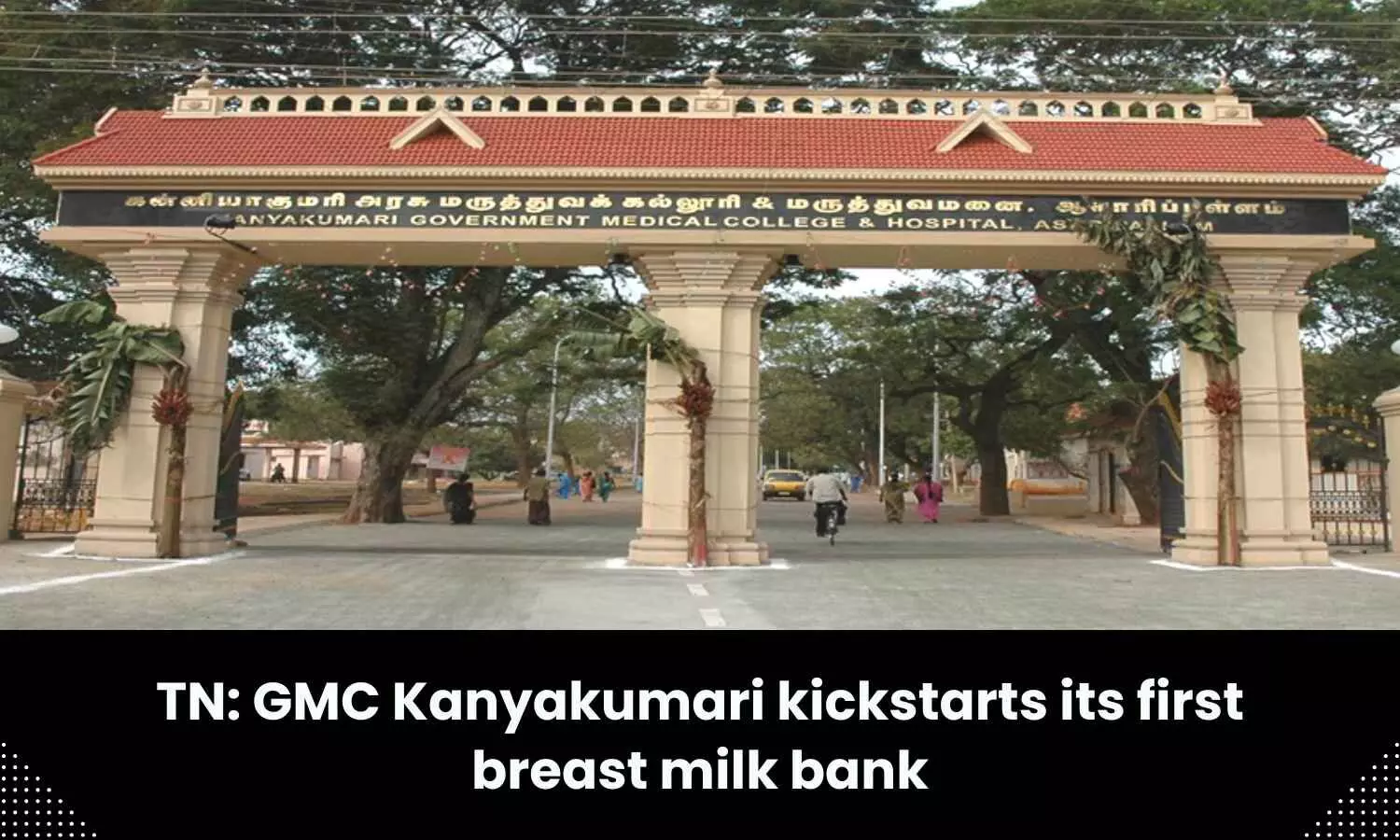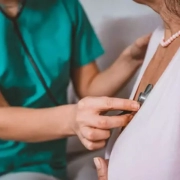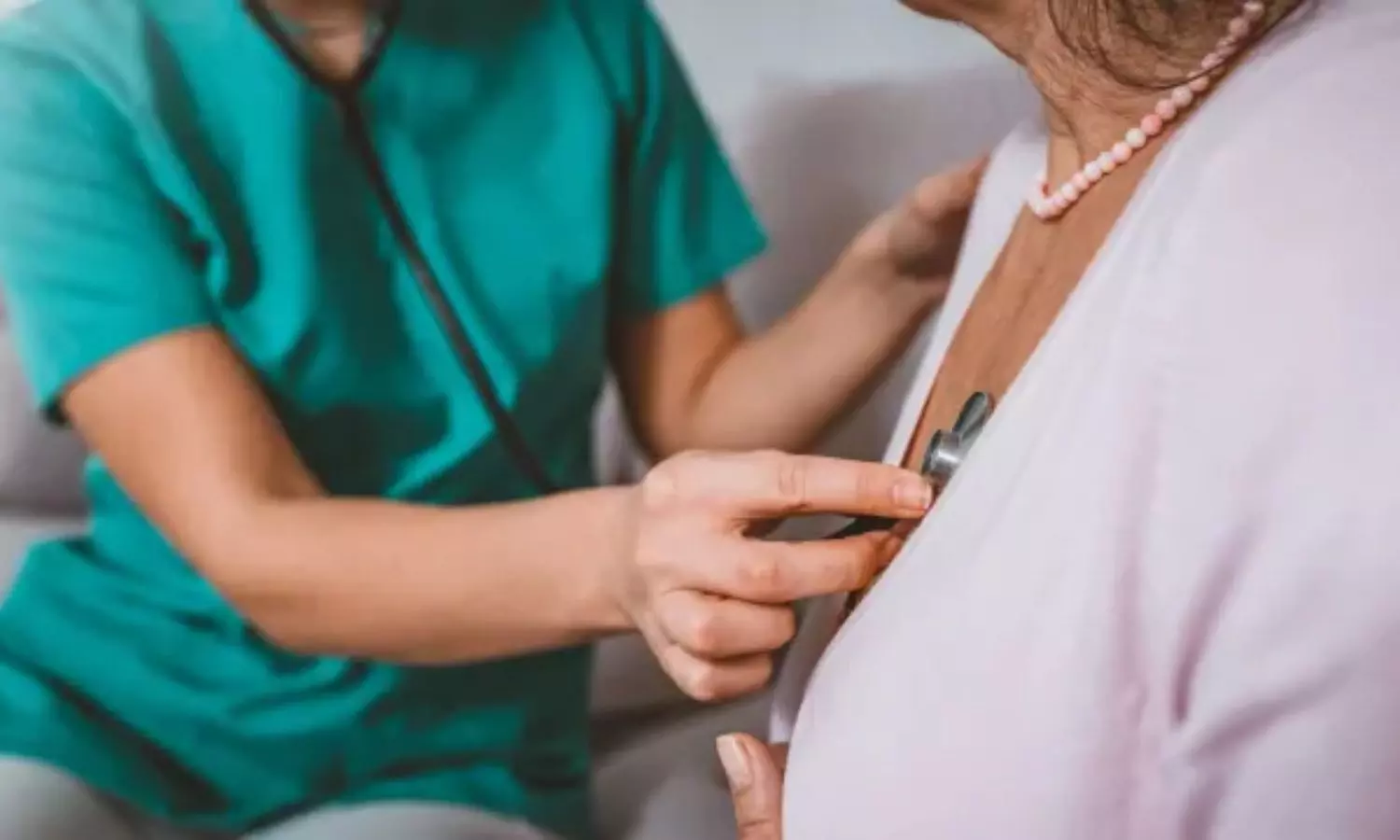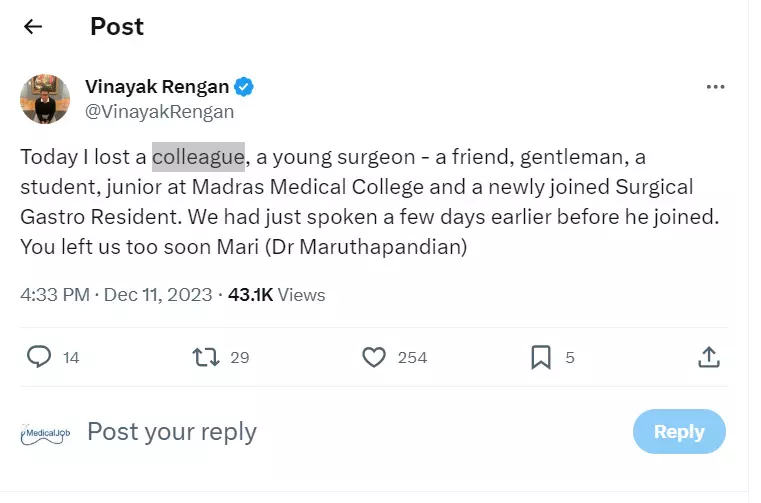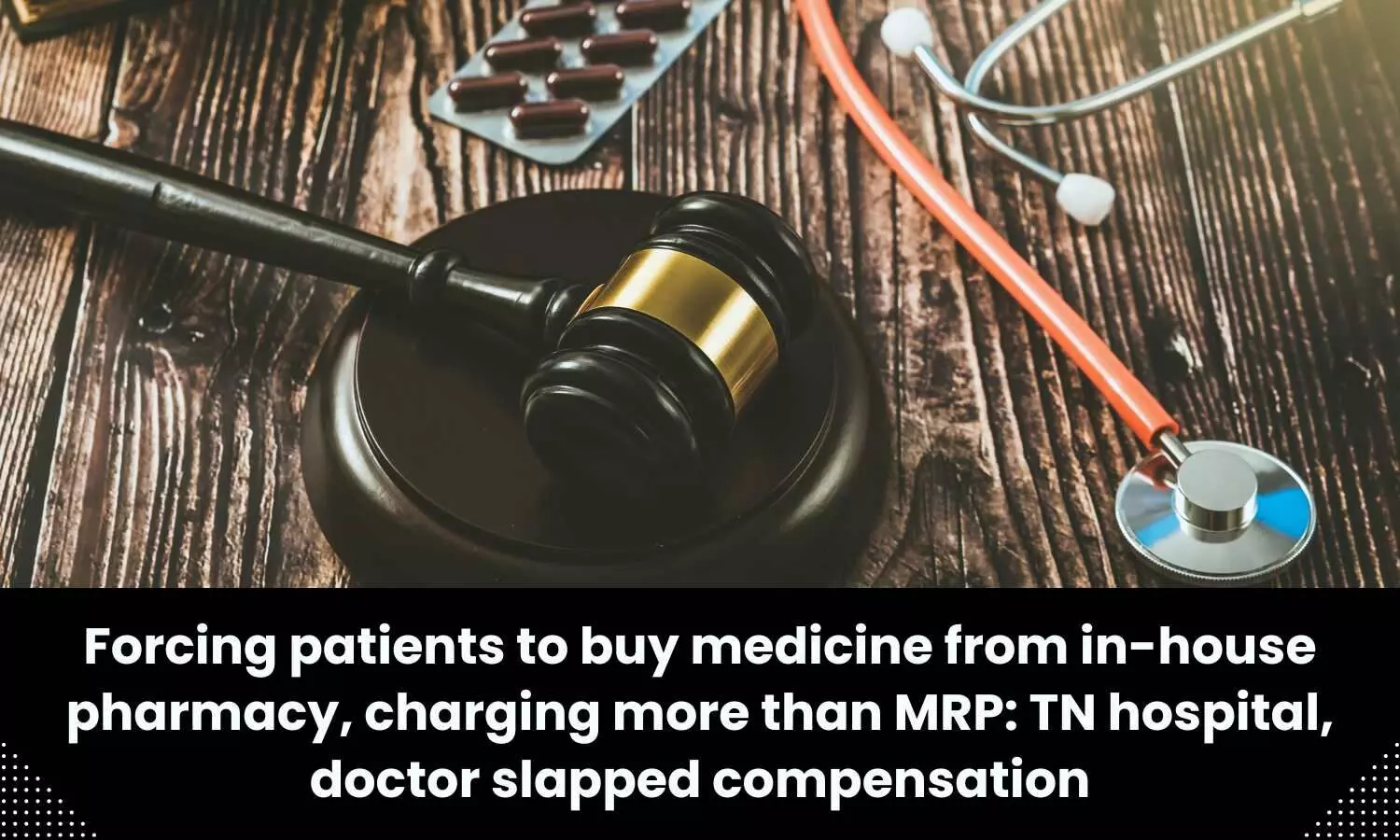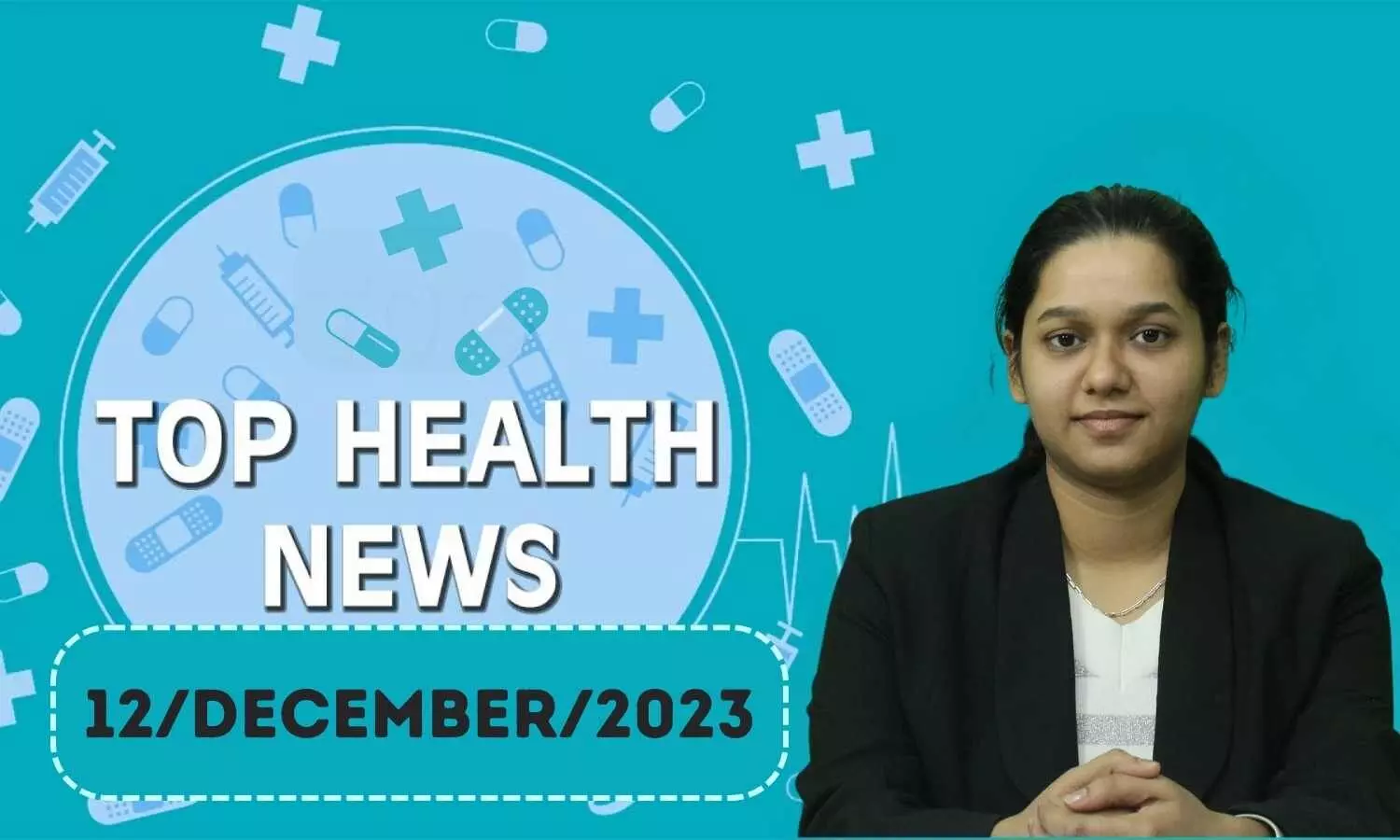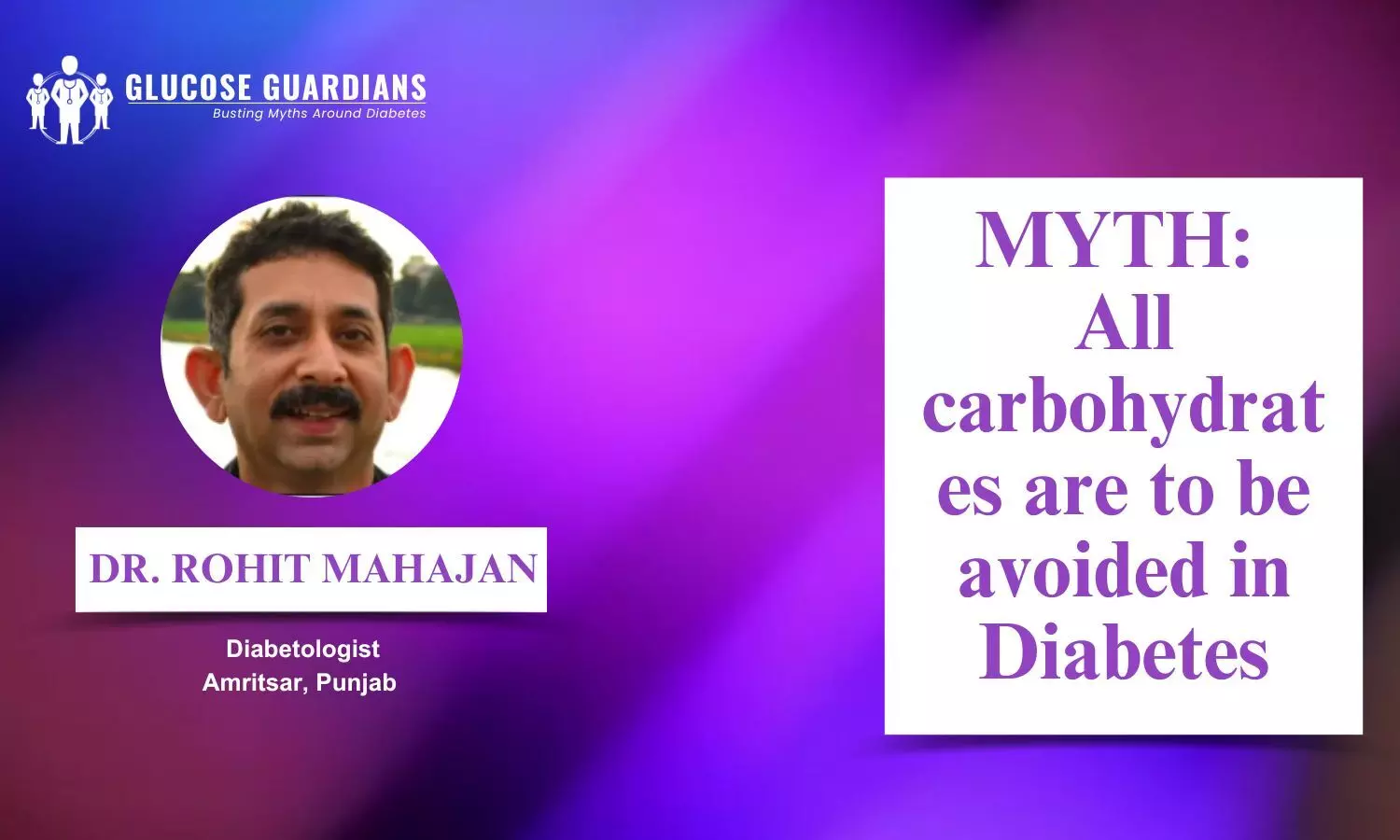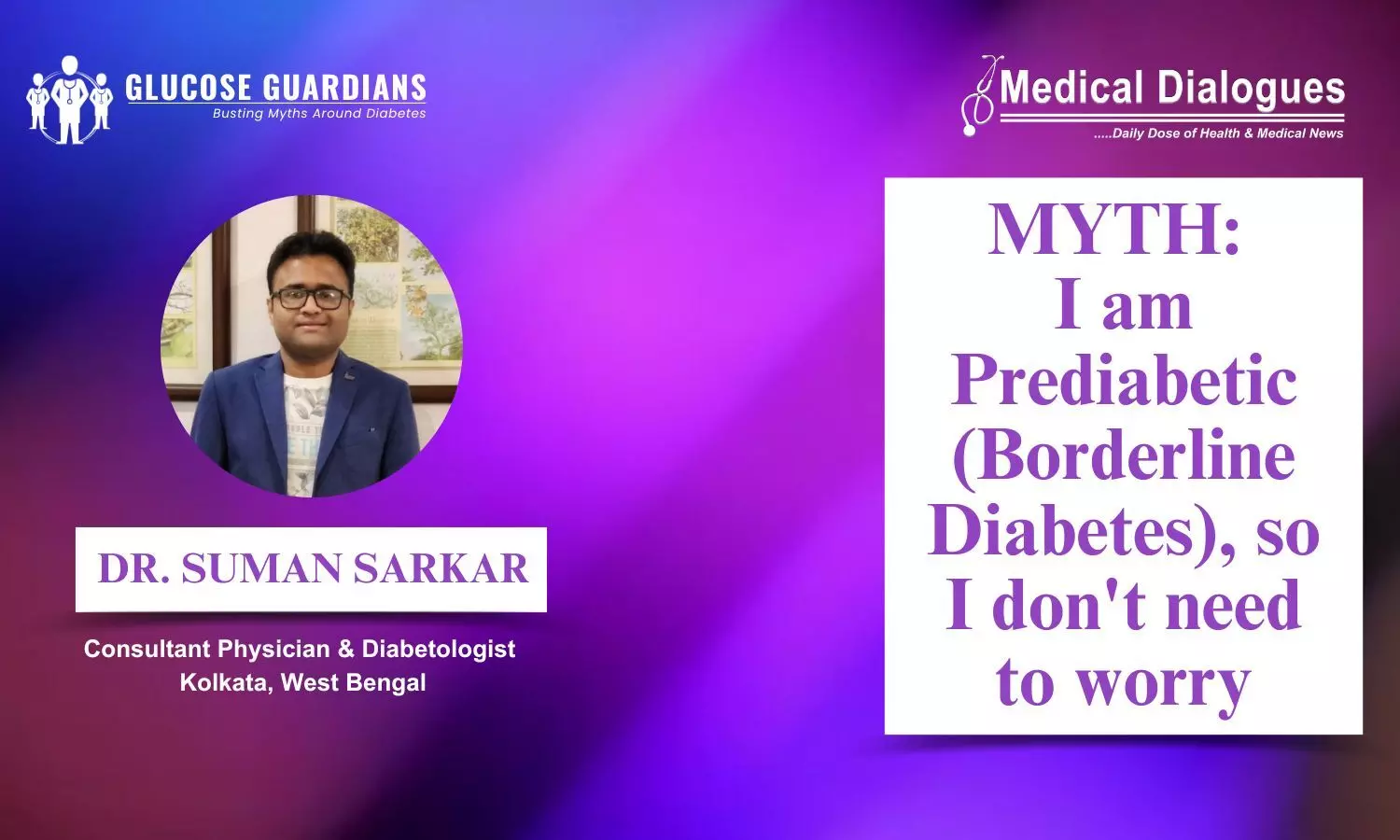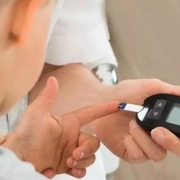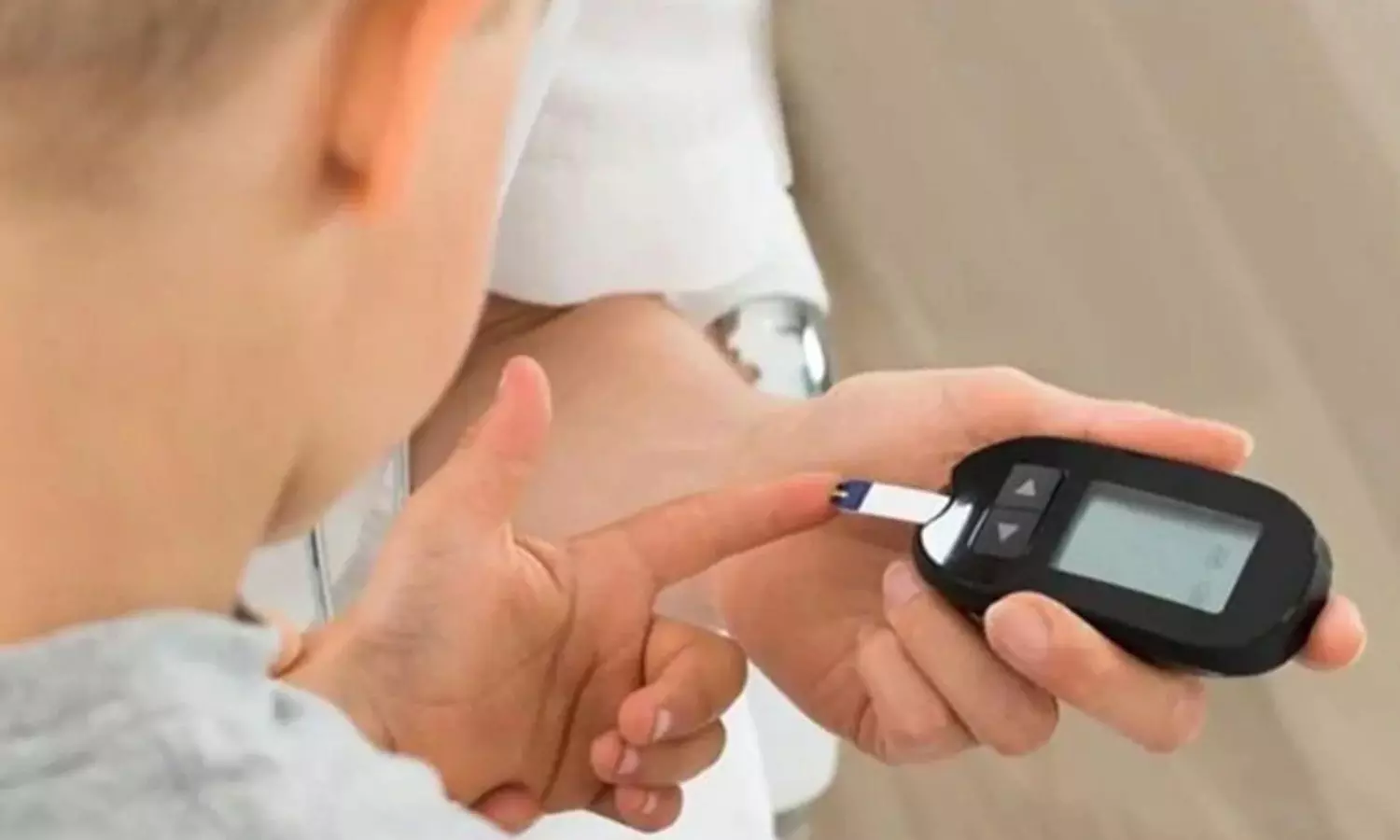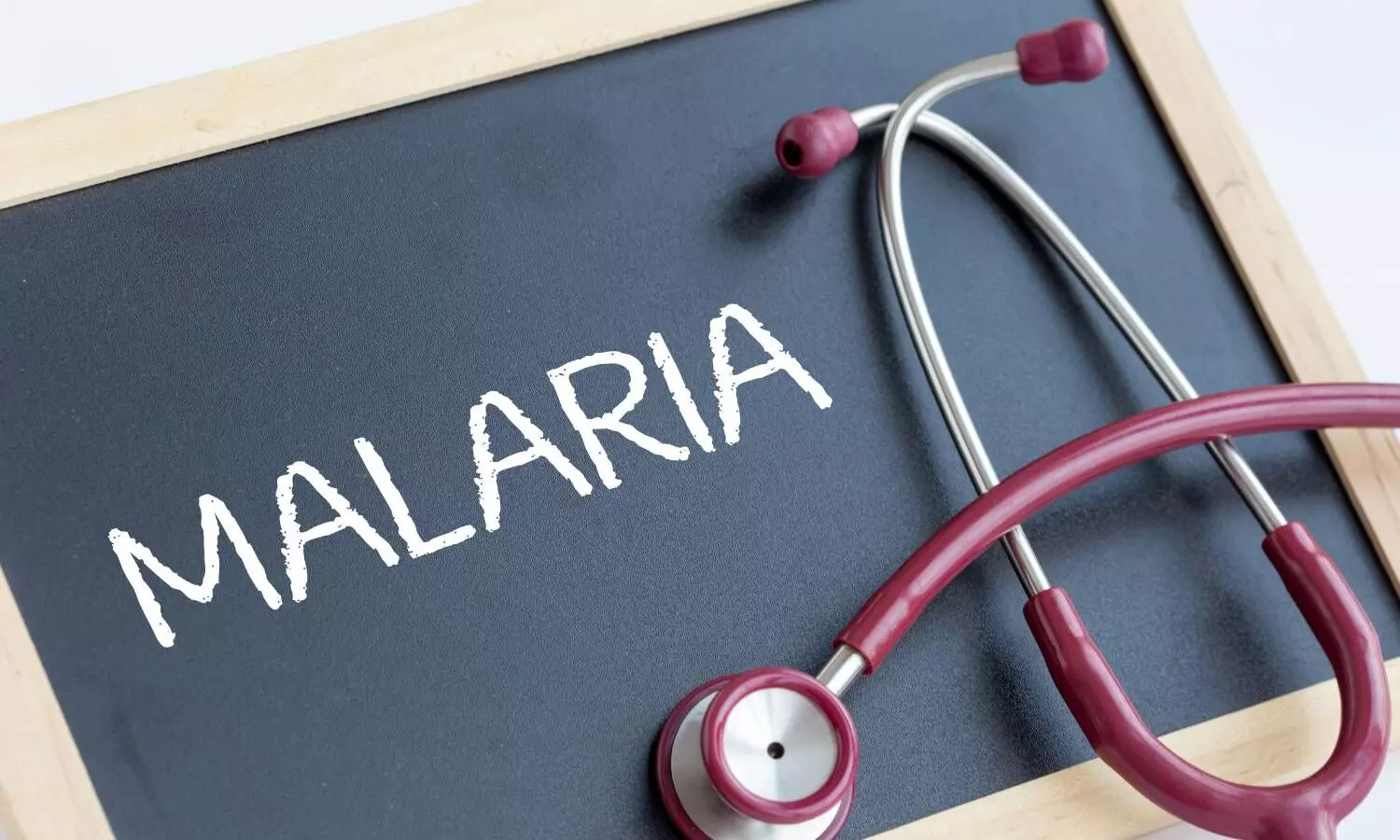
A recent double-blind, placebo-controlled trial tested the efficacy of adjunctive rosiglitazone treatment alongside standard antimalarial care in Mozambican children with severe malaria. The findings were published in International Journal of Infectious Diseases.
The study comprised 180 children and examined if rosiglitazone, a medication commonly used in diabetes management, could impact the levels of circulating angiopoietin-2 (Angpt-2) and consequently improve the overall prognosis for severe malaria cases.
Children were administered either rosiglitazone or a placebo in addition to standard malaria care over a four-day period. The primary focus was on the rate of decline of Angpt-2 over 96 hours, with secondary outcomes encompassing the dynamics of angiopoietin-1 (Angpt-1), the Angpt-2/Angpt-1 ratio, parasite clearance kinetics, clinical outcomes, and safety measures.
The results revealed that children treated with rosiglitazone exhibited a steeper but non-significant decline in Angpt-2 levels during the initial 96 hours of hospitalization compared to those in the placebo group. A similar non-significant trend was observed for Angpt-1 and the Angpt-2/Angpt-1 ratio. Also, the adjunctive rosiglitazone treatment demonstrated safety and tolerability, with no significant differences in other secondary and safety outcomes between the two groups.
The findings underline the complexities of severe malaria and the need for continued research to explore alternative adjunctive therapies. This trial contributes significantly to the ongoing discourse on innovative approaches to severe malaria management. The exploration of rosiglitazone opens avenues for further investigations by emphasizing the importance of diverse strategies in addressing the complex challenges posed by severe malaria in pediatric populations.
Reference:
Varo, R., Crowley, V. M., Mucasse, H., Sitoe, A., Bramugy, J., Serghides, L., Weckman, A. M., Erice, C., Bila, R., Vitorino, P., Mucasse, C., Valente, M., Ajanovic, S., Balanza, N., Zhong, K., Derpsch, Y., Gladstone, M., Mayor, A., Bassat, Q., & Kain, K. C. (2023). Adjunctive rosiglitazone treatment for severe paediatric malaria: a randomized placebo-controlled trial in Mozambican children. In International Journal of Infectious Diseases. Elsevier BV. https://doi.org/10.1016/j.ijid.2023.11.031
